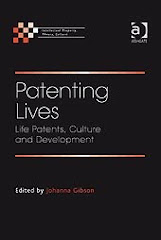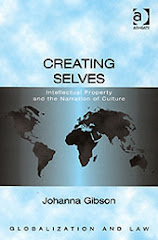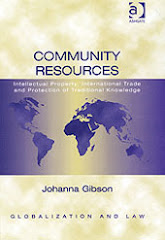
The temperatures in London might be soaring at the moment, but they're rivalled by the heat over stem cell research in Europe.
EU Ministers will me
 et today to consider ongoing obstacles to funding agreement, ahead of approving the EU's 7th Research Framework Programme (FP7). Framework Programmes are the main mechanism for the funding of research and development in the European Union, and have been implemented since 1984.
et today to consider ongoing obstacles to funding agreement, ahead of approving the EU's 7th Research Framework Programme (FP7). Framework Programmes are the main mechanism for the funding of research and development in the European Union, and have been implemented since 1984.Each FP runs for a period of 5 years, with a one year overlap with the subsequent FP. However, it has been proposed that FP7 should run for 7 years, commencing 1 January 2007 and expiring in 2013. FP6 will run up until the end of this year, but FP7 is still yet to be approved.
Agreement on the Programme must be reached at today's meeting of the EU's Competitiveness Council. Stem cell research remains a significant obstacle, along with other debated areas including concerns over nuclear research and training activities, and the new European Research Council (ERC) initially proposed in 2002 and subsequently developed through public consultation and the work of the European Research Council Expert Group (ERCEG). But it is the controversy over the funding of stem cell research which threatens to prevent an agreement at today's meeting.
9 high level themes have been proposed for EU action in FP7, including health. Strict funding procedures would ensure that EU funds would not support research into the use of stem cells for reproductive cloning or the creation of human embryos. However, Monday's meeting is expected to vote in favour of opposing EU funding on embryonic stem cell research.
But the vote is in the balance. Although Germany, Poland, Austria, Slovakia, Lithuania, Malta, and Luxembourg are likely to vote against the funding of stem cell research, this vote will fail unless one other member state supports the group to create a blocking minority. Slovenia, once thought to be a possible waverer, defected from the blocking minority over the weekend. However, Italy and Ireland may yet join the Berlin-led group to vote against stem cell funding.

The EU heat follows that of last Wednesday, when US President Bush rejected legislation passed by Congress that would have allowed federal expenditure on research into embryonic stem cells. President Bush claimed, "It crosses a moral boundary that our decent society needs to respect, so I vetoed it."



No comments:
Post a Comment